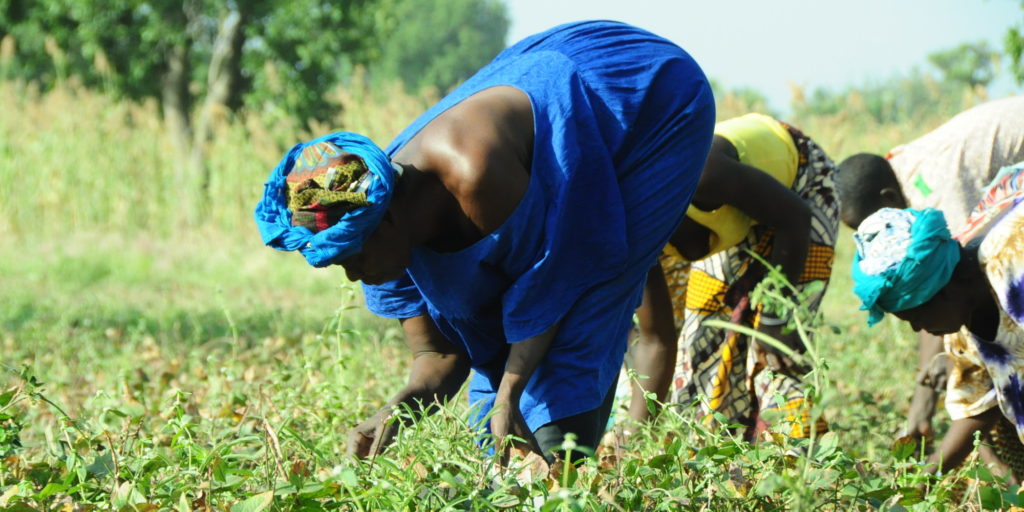As a policy objective, the attainment of food security in Nigeria began facing challenges prior to independence when oil exportation began in 1958. But the challenges became pronounced and persistent after the commencement of large-scale oil exports in the early 1970s, when the country nearly abandoned agriculture in pursuit of newfound oil wealth. Self-sufficiency in food production and agricultural export earnings, aided by widespread cultivation of food crops and regional specialisation in cash crops – the cocoa mountains in the west, the oil palm and kernel heaps in the east, and groundnut pyramids in the north – began to diminish and disappear respectively. Within a few years after independence in 1960, the agricultural sector transitioned from a net foreign exchange earner to net foreign exchange drain.
Featured

October 16, 2019
Efficiency of Food Reserves in Enhancing Food Security in Developing Countries: The Nigerian Experience
As a policy objective, the attainment of food security in Nigeria began facing challenges prior to independence when oil exportation began in 1958. But the challenges became pronounced and persistent after the commencement of large-scale oil exports in the early 1970s, when the country nearly abandoned agriculture in pursuit of newfound oil wealth. Self-sufficiency in […]
Read →
Related
6th Annual Conference On Regional Integration In Africa (ACRIA 6)
The Sixth Annual Conference on Regional Integration in Africa (ACRIA6)organised by the West African Institute of Economic and Financial Management (WAIFEM), Lagos convened on July 1-2, 2015, Lagos, N

